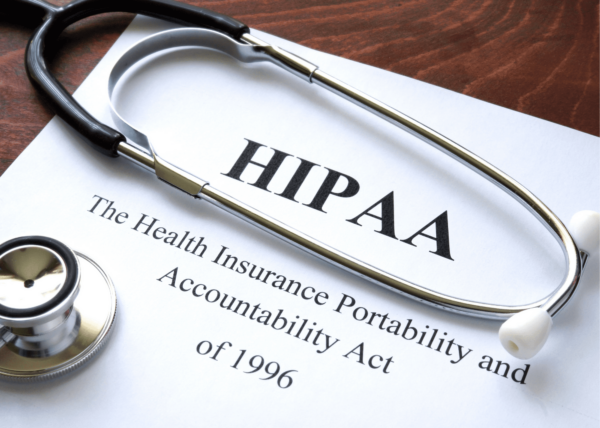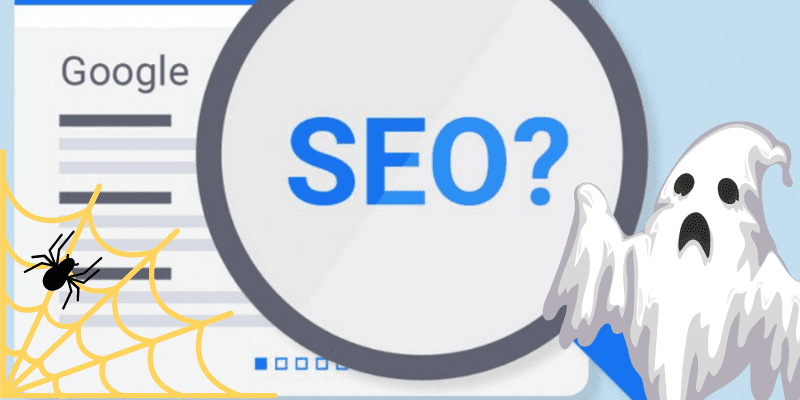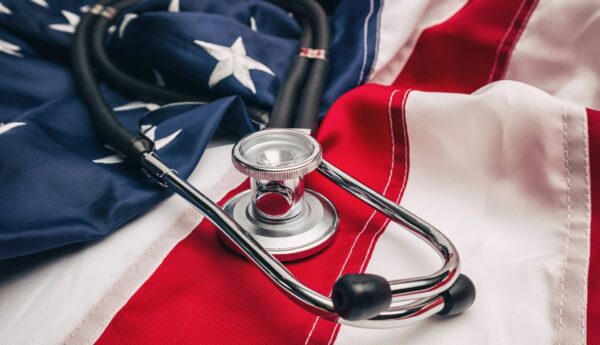-

Executive Order 13950: A Call to Continue Our Work on Diversity
Start READING: Executive Order 13950: A Call to Continue Our Work on DiversityOn September 22, 2020, President Donald J. Trump issued Executive Order 13950, Combating Race and Sex Stereotyping. The basic premise of the Executive Order (EO) is one, we think, all can support: We need to continue to work on eliminating race and sex stereotyping…or at least we thought we could.
-

OCR Signals Return to Regular Programming with Recent Settlements
Start READING: OCR Signals Return to Regular Programming with Recent Settlements2020 has taught us all something about the limitations of the human imagination when it comes to mid-season plot twists. There are some things, however, that we can rely on and for which we need to continue to prepare. Continued compliance with evolving HIPAA regulations is one such thing.
-

Nonprofits: How Not to Be Spooked by SEO
Start READING: Nonprofits: How Not to Be Spooked by SEOWhen it comes to nonprofit marketing and communications, the thing we hear most is “There are so many different channels and tactics…I don’t know where to start!” Here’s what we know.
-

Reflections on The Affordable Care Act and the Politics of Healthcare
Start READING: Reflections on The Affordable Care Act and the Politics of HealthcareAs may be expected in an election year in the midst of a pandemic (and following the recent death of Justice Ruth Bader Ginsburg and the precipitate nomination of Judge Amy Coney Barrett to the Supreme Court) health care reform remains front and center in the public debate. Here are our reflections on the ACA…
-

Telehealth Series #3: A Totally Unbiased and Impartial Assessment of Barriers to Telehealth Adoption in the United States
Start READING: Telehealth Series #3: A Totally Unbiased and Impartial Assessment of Barriers to Telehealth Adoption in the United StatesWe present this article to advise patients, providers, payers, and other stakeholders on the barriers to telehealth adoption and to inform a contextual understanding of the issues that can be leveraged to advocate for change with the respective federal and state authorities.
-

Thank You, Justice Ginsburg
Start READING: Thank You, Justice GinsburgWe all need heroes. Heroes that embody our highest ideals and inspire us. Heroes who rise to the occasion when faced with challenging circumstances. For many, Supreme Court Justice Ruth Bader Ginsburg was that hero. This is our thank you.






